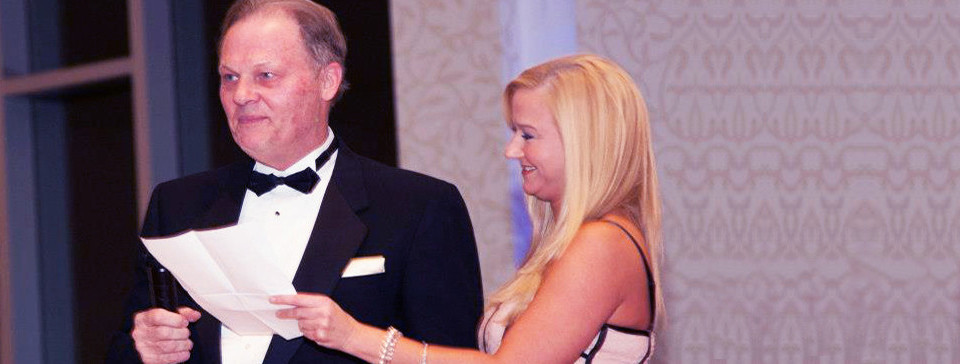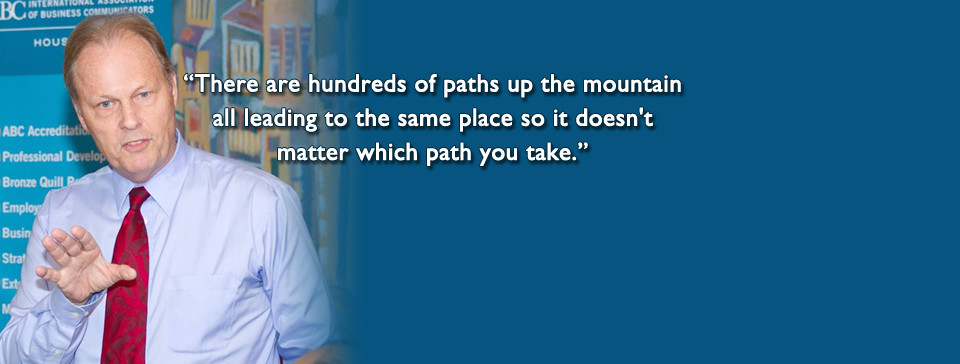You have written your resume and now you are ready to interview. Or are you? There is nothing more discouraging than getting through the first cut with your resume only to be in over your head on the interview.
A Good Interview Equals Good Interviewing Skills
Let me define a good interview. A good interview is where you were able to have a positive information exchange that reveals to the interviewer your assets. Notice that I didn’t say a good interview is one that lands you the job. That would be great. More often than not you may go through a series of interviews before there is an offer.
A good interview does one of two things. It either keeps the process going. Or, it makes it clear that your skills and aptitude are not a match for the prospective employer. That way you can readily move on to the next opportunity.
As a personal business coach, I have observed that a great resume doesn’t translate into a great interview. I work with my clients to develop good interviewing skills.
Good interviewing skills involve many things. Obviously, you must be qualified and have some ability to connect with your interviewer. Having said that the two most important interviewing skills have to do with:
- How you use your resume to answer questions
- How you use your resume to control the interview
Remember that very often, the person who is interviewing you is not a skilled interviewer. They may be asking questions from a prepared list. Regardless of the skill level of your interviewer, my goal for my clients is to increase the odds of them being in control of the interview.
A Good Interview-Answering Questions
Most people understand that how you answer questions is key to having a good interview. The questions you ask that show a familiarity with the company, position or how you may contribute are important. But I have observed that the questions you ask are not where you are likely to stumble.
Where the stumbling takes place is in how you answer the questions that the interviewer gives you. Questions will be asked in an interview that could have the true question lurking underneath. For example:
“Mr. Scott I see that you moved around a great deal in your previous company and held several positions. What brought about all these moves?” Now you may be thinking that this is a great question because you get to show them how you were valuable in many areas.
Yet, here’s what they may really be asking you. They see that you moved around a lot within your last company. They are wondering, “Are you a team player?” “How do you get along with authority?” Many questions can be a trap and I teach my clients to recognize the traps and how to avoid them or turn them in their favor.
A Good Interview
When in doubt about a question ask the interviewer the following, “What was it on my resume that piqued your interest to ask that question?” Always go back to the resume. Why? In the resume, which is now accomplishments oriented, you are talking about your accomplishments and your positives.
Find out what prompted them from your resume to ask you the question. When you know what interested them you are more likely to have an answer that works to take you to the next step in the interview process.





